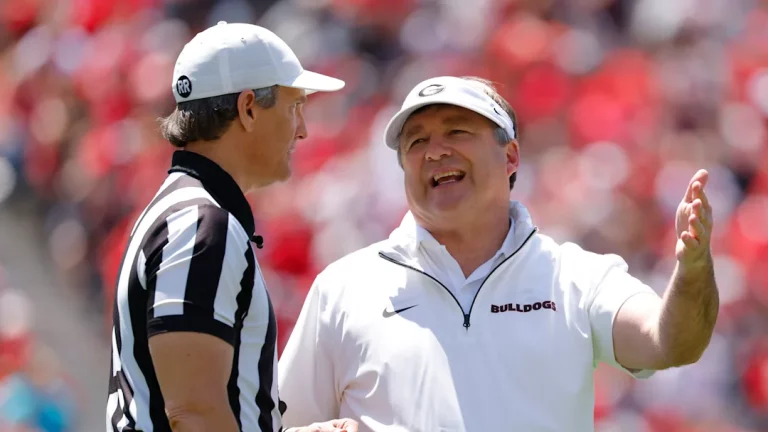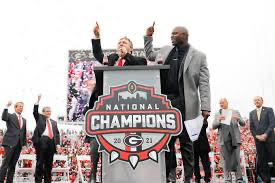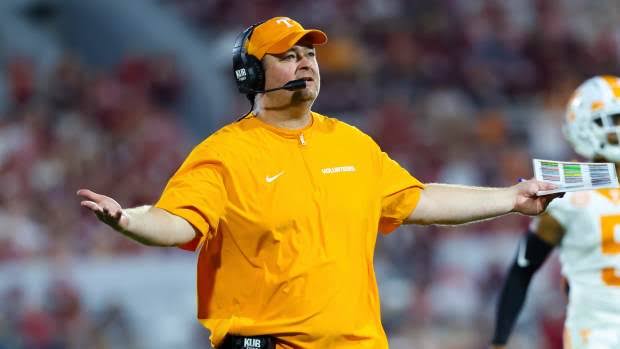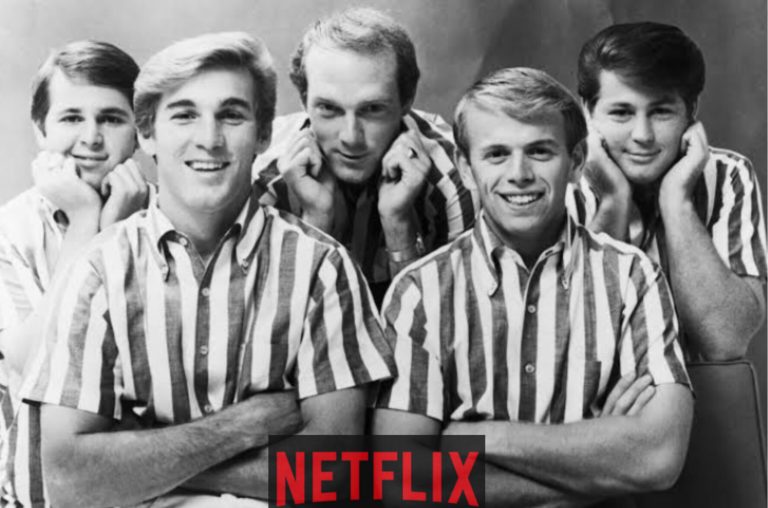
The Georgia-Florida rivalry is one of the most storied matchups in college football history. Since 1933, the two teams have almost exclusively played in Jacksonville, Florida, creating a unique neutral-site tradition that generations of fans have come to recognize. With only two exceptions—in 1994 and 1995 when the game was held on the respective campuses the rivalry has remained a fixed point in Jacksonville. However, recent developments have sparked frustration among fans and criticism from Georgia head coach Kirby Smart.
Due to scheduled renovations at the stadium in Jacksonville, the 2026 and 2027 editions of the rivalry must be moved. For many, this seemed like the perfect opportunity to do something different—something the fans have been clamoring for. Playing one game in Athens and the other in Gainesville would have allowed each fan base to experience the passion of this rivalry in a true home setting, something that hasn’t happened in decades.
Instead, the universities announced that the 2026 game would be played in Atlanta, and the 2027 game in Tampa Bay—two neutral sites that lack the historic and emotional significance of a true campus environment. The decision was met with disappointment by many fans who saw this as a missed opportunity to rekindle the home-and-home dynamic that once existed, albeit briefly.
When asked about the situation, Georgia head coach Kirby Smart did not mince words. He made it clear that the decision was not his and placed the responsibility squarely on the shoulders of the athletic departments. “That was an AD decision that ultimately came based on money,” Smart stated. His blunt assessment underscores the growing tension between the business side of college football and the traditions that make the sport special.
Smart’s comments also suggest that, if it were up to him, Georgia and Florida would have used this rare opportunity to give the fans a more intimate and electric version of the rivalry. A home-and-home series could have ignited a new energy around the games, giving fans, players, and recruits a memorable experience steeped in the pageantry of college football’s most passionate venues.
But in the end, money won out. By choosing to play in Atlanta and Tampa—both large markets with significant financial incentives—the schools secured lucrative payouts. The business logic is sound, but the emotional return for fans is minimal. College football continues to evolve into a more commercially driven enterprise, and decisions like this reflect that shift.
Still, the 2026 and 2027 games will likely be thrilling contests. The players will bring the same intensity, and fans will show up in droves. But something will be missing. The choice to bypass campus venues during this rare opportunity leaves a sense of what could have been—a chance to make history, to give something special back to the fans who live and breathe this rivalry.
Ultimately, the Georgia-Florida game will go on, but the disappointment lingers. What could have been a refreshing change of scenery and a nod to tradition has instead become yet another example of how financial decisions continue to shape the future of college football, sometimes at the cost of its soul.







